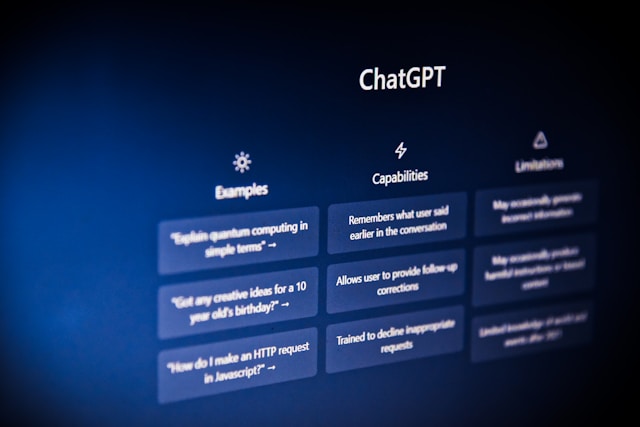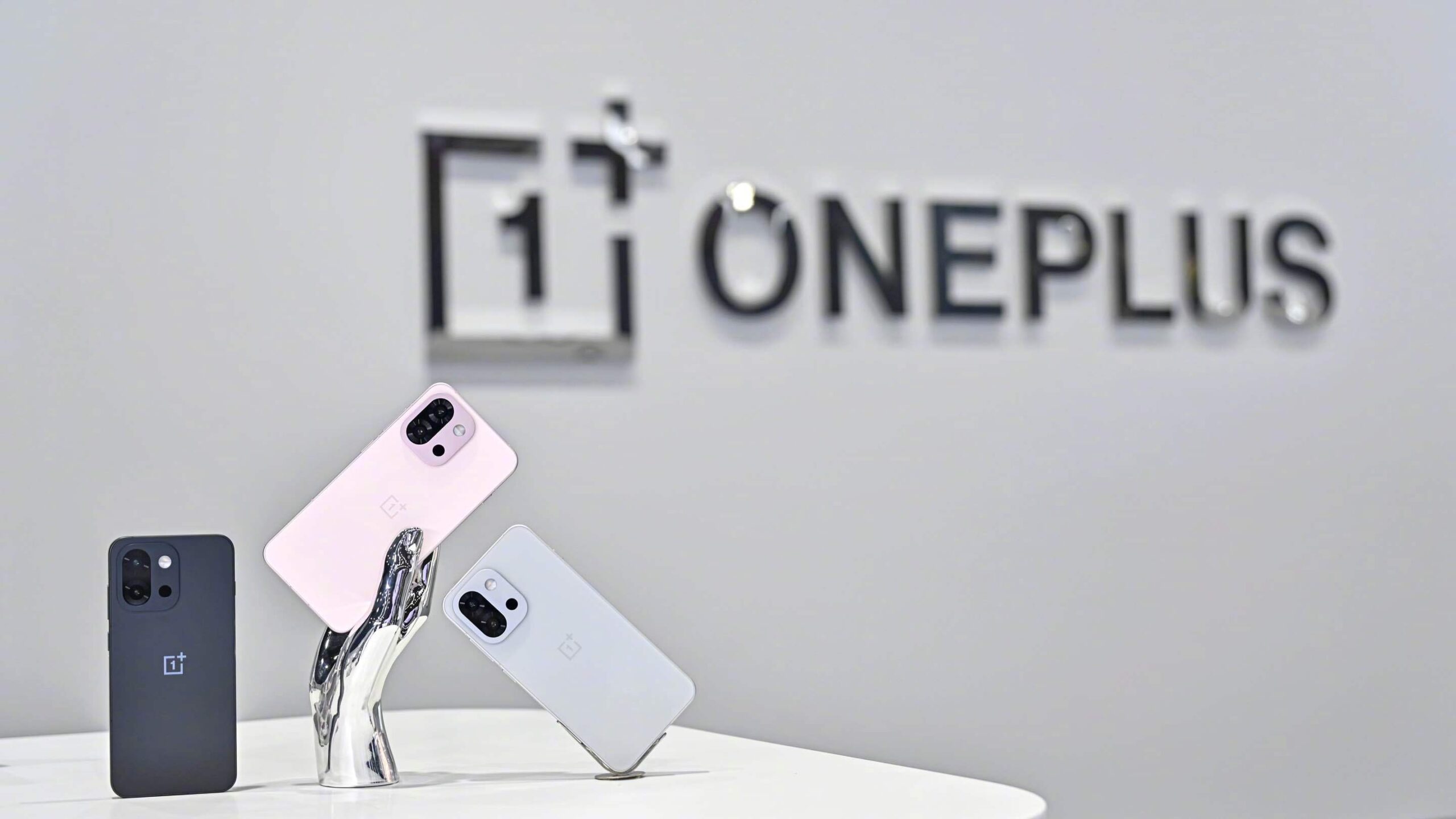Former employees of OpenAI, along with 30 artificial intelligence experts, have published an open letter that is asking the attorneys general in California and Delaware to stop the company from restructuring into a “for-profit benefit corporation.”
Nobel laureate and former Google Brain leader Geoffrey Hinton has joined forces with fellow AI pioneers Yoshua Bengio and Stuart Russell, along with 11 OpenAI staffers – including four current (anonymous) and seven former employees – to urge the company to steer clear of potentially unethical business ventures.
Among the signatories are Ramana Kumar, formerly of Google DeepMind, and Neel Nanda, a current DeepMind researcher and former Anthropic employee. They join Elon Musk, who has also stated that the transfer from a nonprofit model to a for-profit one is not the mission he helped fund, which resulted in his launching a lawsuit.
Musk’s personal mission is somewhat dubious, given that he also owns a competing AI company. Perhaps for that reason, today Hinton said, “I’m happy there is an effort to hold OpenAI to its mission that does not involve Elon Musk.”
In the letter, the signatories claim that the development of artificial general intelligence, or AGI, should not be in the hands of a company driven by making money. AGI is the concept of when AI becomes equal or above humans in terms of its intelligence, which they say should not be for private gain but for the benefit of all people.
OpenAI’s founding mission was based on just that – “the goal of building safe and beneficial artificial general intelligence for the benefit of humanity.” In 2017, when OpenAI Chief Executive Sam Altman was speaking in London, he doubled down on this, saying, “We don’t ever want to be making decisions to benefit shareholders. The only people we want to be accountable to is humanity as a whole.”
The benefits of AI, say the signatories, are “unprecedented,” but they warn that in the wrong hands AI might worsen “existing inequalities, to manipulation and misinformation,” while “potentially resulting in human extinction.” They cite a number of experts, AI companies and governments that separately have aired concerns about this potentially existentially serious conundrum.
“AI companies have strong financial incentives to avoid effective oversight, and we do not believe bespoke structures of corporate governance are sufficient to change this,” the letter added. OpenAI has become a giant, presently worth $300 billion.
The writers also believe that current and former employees are hampered in speaking about their concerns because of “broad confidentiality agreements.” They say companies bear almost no pressure to share information with governments or the public, effectively rendering world-changing technology in the hands of a few people. “We do not think they can all be relied upon to share it voluntarily,” they said.
In response, OpenAI said any changes to the company “would be in service of ensuring the broader public can benefit from AI.” It added, “This structure will continue to ensure that as the for-profit succeeds and grows, so too does the non-profit, enabling us to achieve the mission.”
Photo: Unsplash
Your vote of support is important to us and it helps us keep the content FREE.
One click below supports our mission to provide free, deep, and relevant content.
Join our community on YouTube
Join the community that includes more than 15,000 #CubeAlumni experts, including Amazon.com CEO Andy Jassy, Dell Technologies founder and CEO Michael Dell, Intel CEO Pat Gelsinger, and many more luminaries and experts.
THANK YOU









